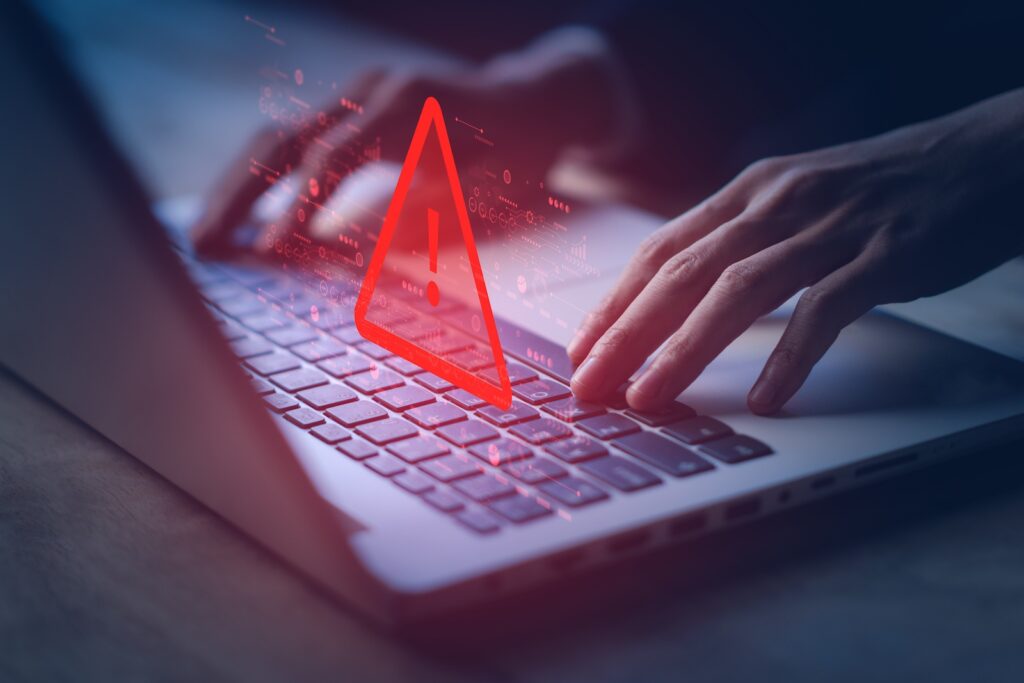**Beware of Fake Invoice Scams from Well-known Businesses**
In a world where technology makes our lives easier, it also brings new kinds of dangers. One such danger is scammers pretending to be legitimate businesses you know and trust, sending out fake invoices with the aim of stealing your money. It’s a clever trick; these invoices look real, bearing the names of companies you might already be buying services or products from. However, there’s a dangerous twist: the bank account details on these invoices are fake, and if you pay them, your money goes straight to the scammers.
Imagine you’re expecting an invoice for a service you recently used, like your monthly internet bill or a new software subscription. You receive an email that looks exactly like it’s from that service provider – same logo, similar email format, everything seems right. Without a second thought, you go ahead and make the payment. But in reality, the email was a scam. The real company hasn’t received your payment, and you’re left figuring out what went wrong.
This trick is known as “invoice fraud,” and it’s becoming more common. Scammers use sophisticated methods to intercept or imitate communications from real businesses. They might hack into a company’s email system or create emails that look so authentic, it’s challenging to tell them apart from the real ones. The goal is simple: to get you to pay them instead of the company you owe money to.
Here’s how you can protect yourself:
1. **Always Double-Check**: If you receive an invoice, especially one asking for immediate payment or warning of an overdue balance, stop and think. It’s a good idea to directly contact the company the invoice is supposed to be from using a phone number or email address you know is genuine.
2. **Look for Red Flags**: Some signs might give away a fake invoice, such as misspellings, a slightly different email address, or unusual urgency in asking for payment.
3. **Secure Your Information**: Be cautious about where and how you share your email and personal details online. Scammers use this information to target their scams more effectively.
4. **Educate Others**: Talk about this scam with family and friends, especially if they’re not as familiar with these sorts of threats. The more people know about this, the harder it becomes for scammers to succeed.
In conclusion, always approach invoices and payment requests with a healthy dose of skepticism, even if they appear to come from companies you trust. It’s better to take the time to confirm than to lose your hard-earned money to a scammer. Stay vigilant and keep your personal and financial information safe.

